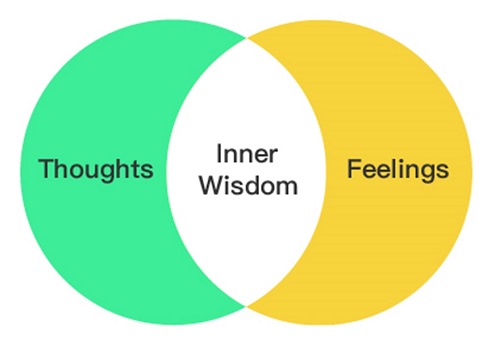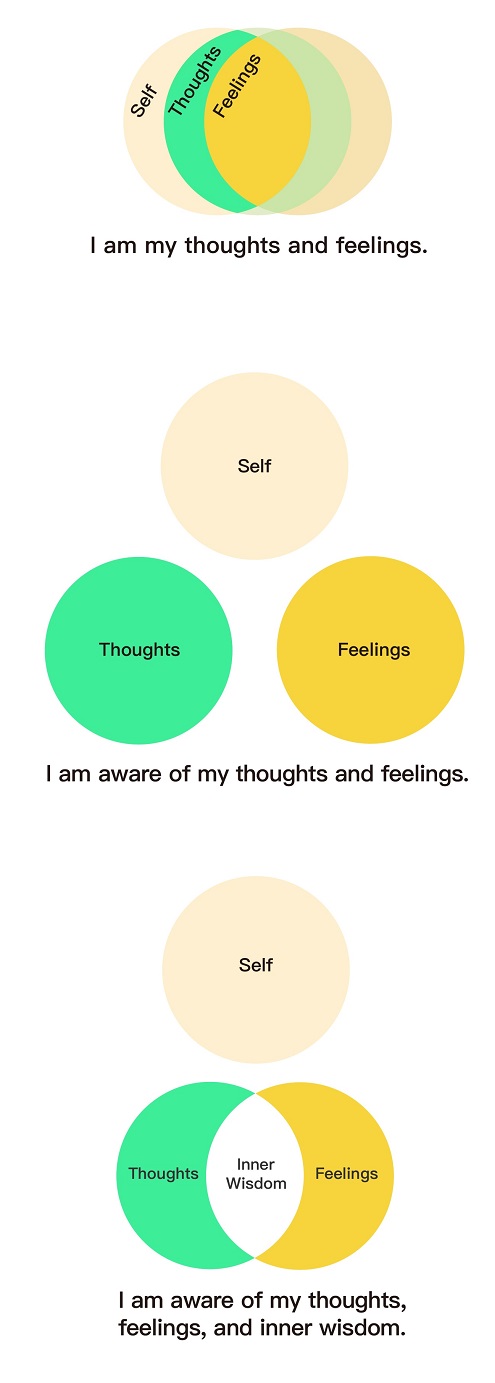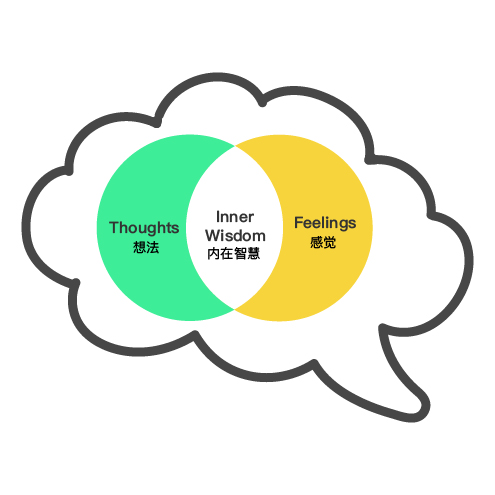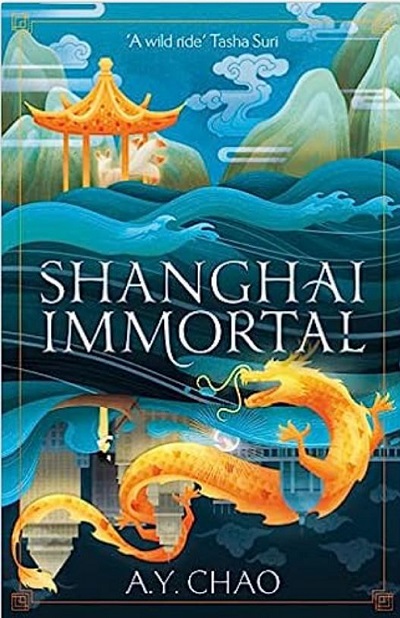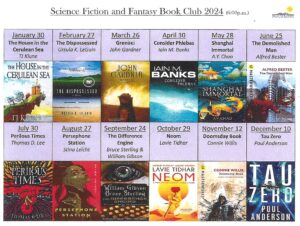Reality is complex.
The reality of a person’s interiority – feelings, thoughts, sensations, personal history, culture and more – is also complex.
In the image accompanying this post – inspired by work by Ben Farrell – I imagine the spheres as factors of varying degrees of magnitude, operating multi-directionally and dynamically in space, influencing the entire system.
More specifically:
- Large spheres can be used to envision the magnitude of the impact of some factors on the entire system.
- Small spheres can be used to envision the impact of one small, conscious effort – or unconscious action – on the entire system.
- The size of spheres can be changed.
- Lines may represent many concepts. They are bidirectional.
- Use of any one factor may be necessary – but may not be sufficient – to change the system. Engaging with multiple factors at varying magnitudes may be needed to change the quality of one’s inner experience and impact one’s outward actions.
For mental health purposes, spheres in the image might be visualized as:
Strengths. A person’s strengths, values, and priorities have power to impact the entire system in small and profound ways.
Skills. Three of the most powerful awareness skills people can use to assist themselves with mental health challenges are self-care, emotion regulation, and attention control. Skills can be used anywhere within a complex system to influence how it works.
Challenges. Three of the top reasons people seek counseling are for help with feelings or states of anxiety and/or depression, task completion, and problematic behaviors. Acknowledging the existence of challenges within a system offers opportunities to derive strategies to address them.
Situations. People seek counseling for help with myriad situations, from relationship challenges, family conflicts, and work and school issues, to traumatic experiences and loss of loved ones. Seeing the situation as occurring within a complex system can be helpful on many levels.
Thoughts. The beautiful human brain is a thought-generating machine. Unless a person is experiencing genuine threat, most feelings result from thoughts. Central to a sense of well-being is the ability to decide which thoughts that arise will receive one’s attention. The most powerfully helpful and unhelpful thoughts can be identified within the system and addressed skillfully.
Application
I hypothesize that people can gain awareness of the complexity of reality as it is – to the best of their ability to perceive it – then use “awareness skills” to, nearly on-demand, engage in emotion regulation, attention direction, and thought management. In turn, they can engage in life based on their values and priorities, recover from hardships inherent to the human condition, and ameliorate problematic patterns of feeling, thinking, behaving, working, and relating.
- Overview of “awareness skills” and links to handouts and worksheets
- Use of Headspace for assistance with emotion regulation and attention control
- Related posts
- On this site, additional information of possible interest may be found under the “For Clients” tab and “Resources” tab.
Image inspired by, and adapted from, work by Ben Farrell.
Thinking inspired by the systems thinking of my father, Robert H. Giles, Jr.
Last updated 2/25/2024
This content is for informational purposes only and is not a substitute for medical or professional advice. Consult a qualified health care professional for personalized medical and professional advice.



